Mastering Our Emotions
By Kevin Chapman (InterVarsity Press, 2025)
According to the National Institute of Mental Health, more than 1 in 5 adults in the United States live with mental illness. The Centers for Disease Control and Prevention has concluded that the United States is “in a mental health crisis, experienced by people of all ages.”
Yet faith communities are not always equipped to respond well to people struggling with mental health. Bible verses such as Philippians 4:6 (“do not be anxious about anything”) can unfortunately be used to over-spiritualize mental illness, subtly or explicitly blaming the person suffering rather than providing pastoral support.
Kevin Chapman addresses this challenge in his book Mastering Our Emotions: Biblical Principles for Emotional Health, which, in his words, brings together “the Word of God . . . and the science of psychology, specifically cognitive-behavioral therapy (CBT) and affective neuroscience.”
This practical book is a manual that aims to assist readers in deepening their relationships with God and improving their relationships with others through increasing in emotional maturity. Designed for individual or group use, it is filled with diagrams, reflection questions, and worksheets. Low on jargon or academic language, it is approachable for readers without previous experience in counseling or psychology.
As one might expect for a book published by a Protestant press, Chapman writes from his evangelical vantage point and addresses an evangelical audience: His note to the readers references “born-again believers.” As such, the perspective tends to be more scripturally based and not explicitly informed by the Catholic tradition. Readers looking for references to Aquinas’ “intellect, will, passions” or allusions to Mary and the saints won’t find them here. Yet the book succeeds in building a biblical case for emotional work, offering an introduction to CBT, and providing exercises for growth in emotional health.
—Rhonda Miska
Knock At The Sky
By Liz Charlotte Grant (Eerdmans, 2025)
When something doesn’t work anymore, going back to basics makes sense. This is what Liz Charlotte Grant does in her newest book, Knock at the Sky: Seeking God in Genesis after Losing Faith in the Bible. Born out of Grant’s disillusionment with her denomination’s tenets on biblical inerrancy, the book is a palette cleanser of a work that not only reevaluates Genesis, but also traces the author’s own faith journey. Honest and clear, the book does not offer a solution to the question of the Bible’s “truth,” but instead offers a new method of understanding scripture.
While drawing from the work of a wide array of theologians, historians, and other scholars, Grant leans especially heavily on Jewish traditions—which makes sense when dealing with the first book of the Pentateuch. Her approach, more like a rabbinical midrash than a straight exegesis, models a new approach for Christians doing biblical interpretation. Her engaging and well-researched anecdotes help ease the reader into the uncomfortable tension between “truth” and “fact,” an alternative to fundamentalist evangelicalism’s interpretation of scripture.
There are moments when it feels like the book was written too soon after Grant’s deconstruction, because some of her most revealing insights are interspersed with indications of hurts that have not yet healed. The structure may seem somewhat piecemeal, as Grant weaves together research and anecdotes, relying not only on her personal experience but those of others. Her stories touch on whale songs, 9/11 survivor testimony, and the work of a fiber artist.
These disparate parts, brought together, present an exciting invitation to explore the Bible in new ways. Even being offered permission to do such a thing can feel liberating. Grant establishes herself not as an authority but a companion. “In the end, what has sustained me in my reading is humility,” she writes.
—Alexander Pyles
Briefly noted:
Turning Points
By Russell Shaw (Ignatius Press)
Examining the lives of 13 men and women from apostolic times to present, Shaw examines the pivotal moments when each of these people decided to dedicate their lives to God.
Ending Persecution
By H. Knox Thames (Notre Dame Press)
Exposing the harsh reality of religious repression all over the world, Thames presents a case for revitalizing the U.S. approach to interfaith tolerance.
Healed by Love
By Daniel Chowning (Liturgical Press)
Chowning, a Carmelite friar, urges readers in need of healing to seek refuge in the spiritual doctrine of St. John of the Cross to reimagine our understanding of God’s love.
This article also appears in the June 2025 issue of U.S. Catholic (Vol. 90, No. 6, page 39). Click here to subscribe to the magazine.


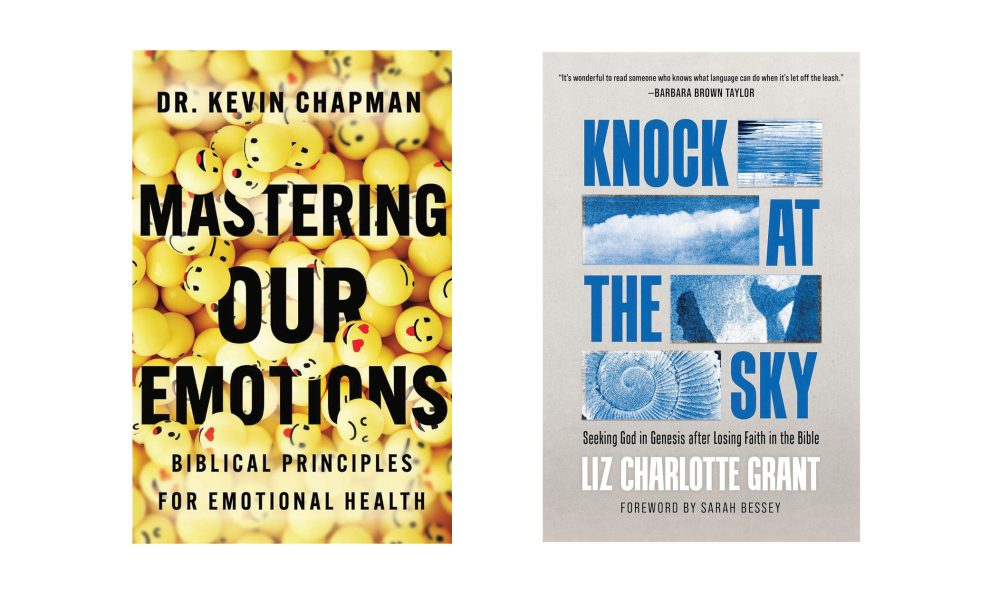
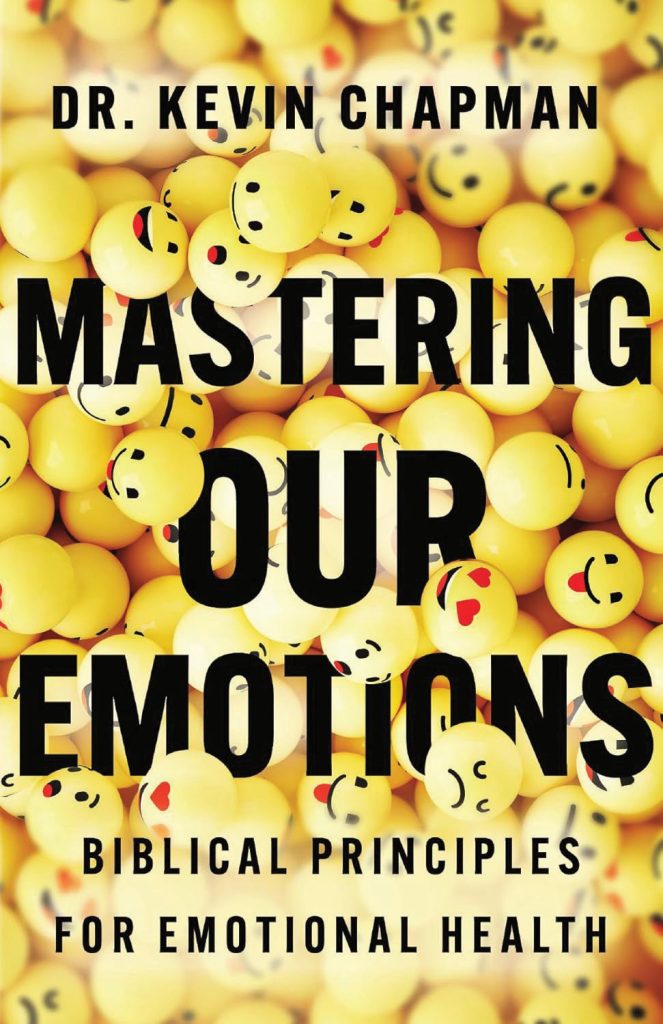


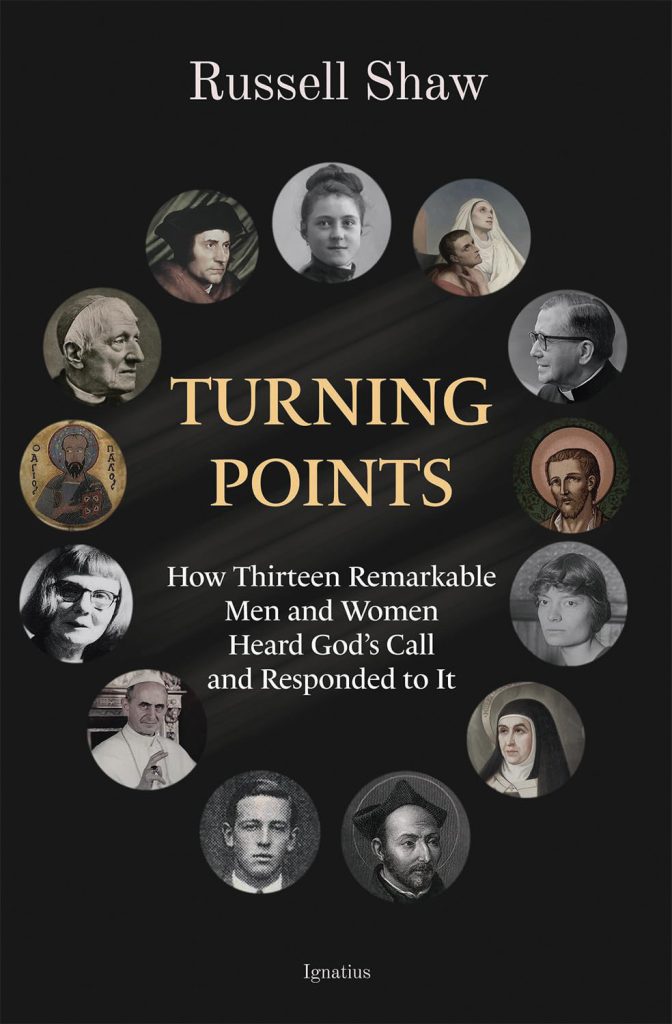
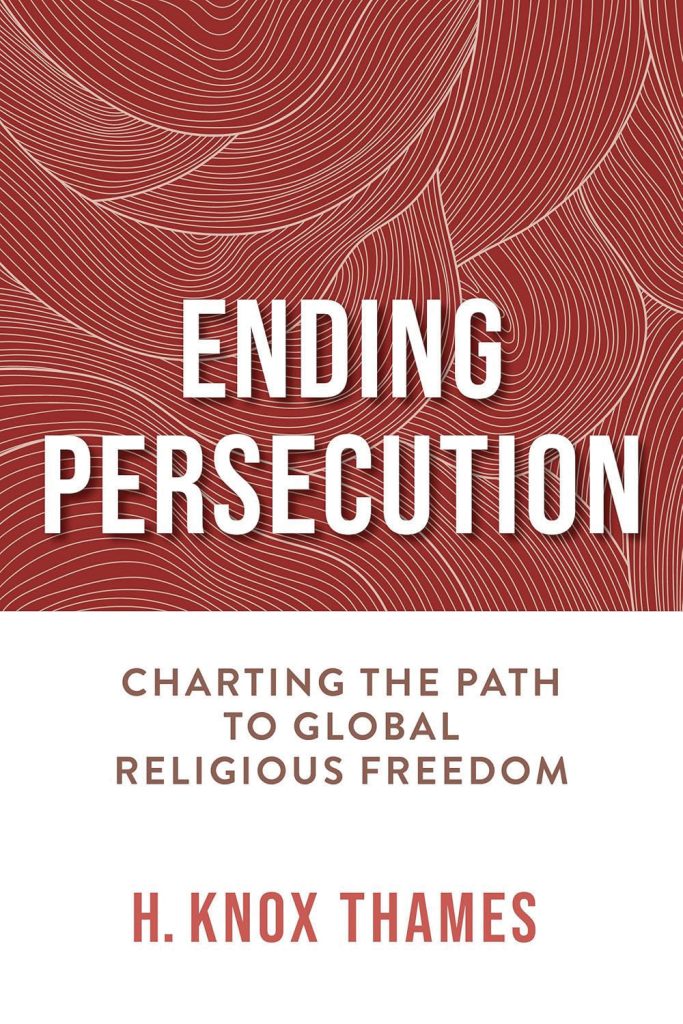
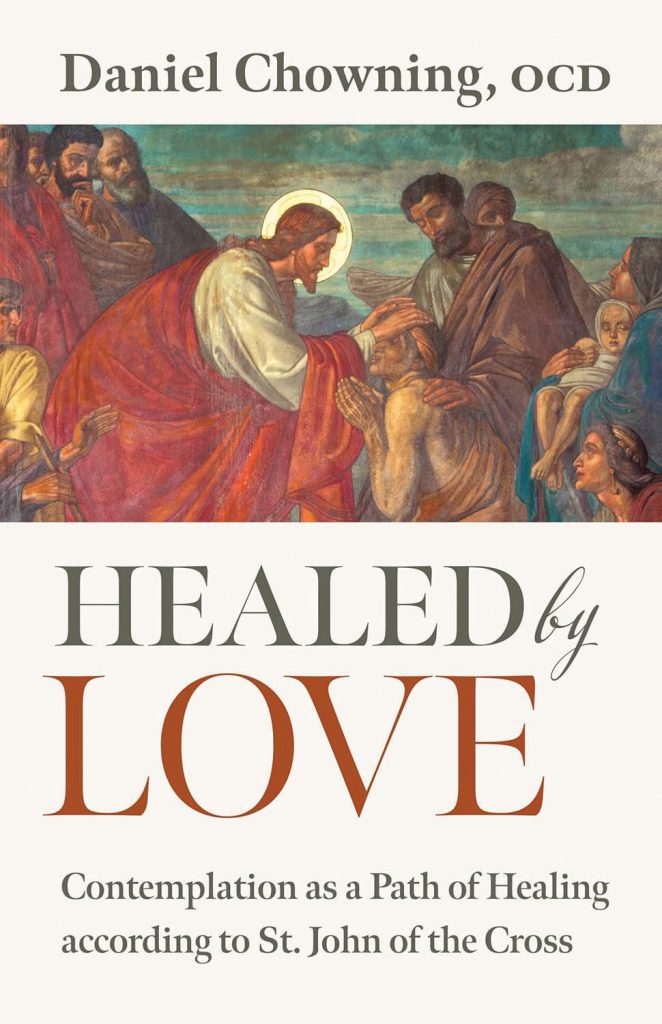











Add comment